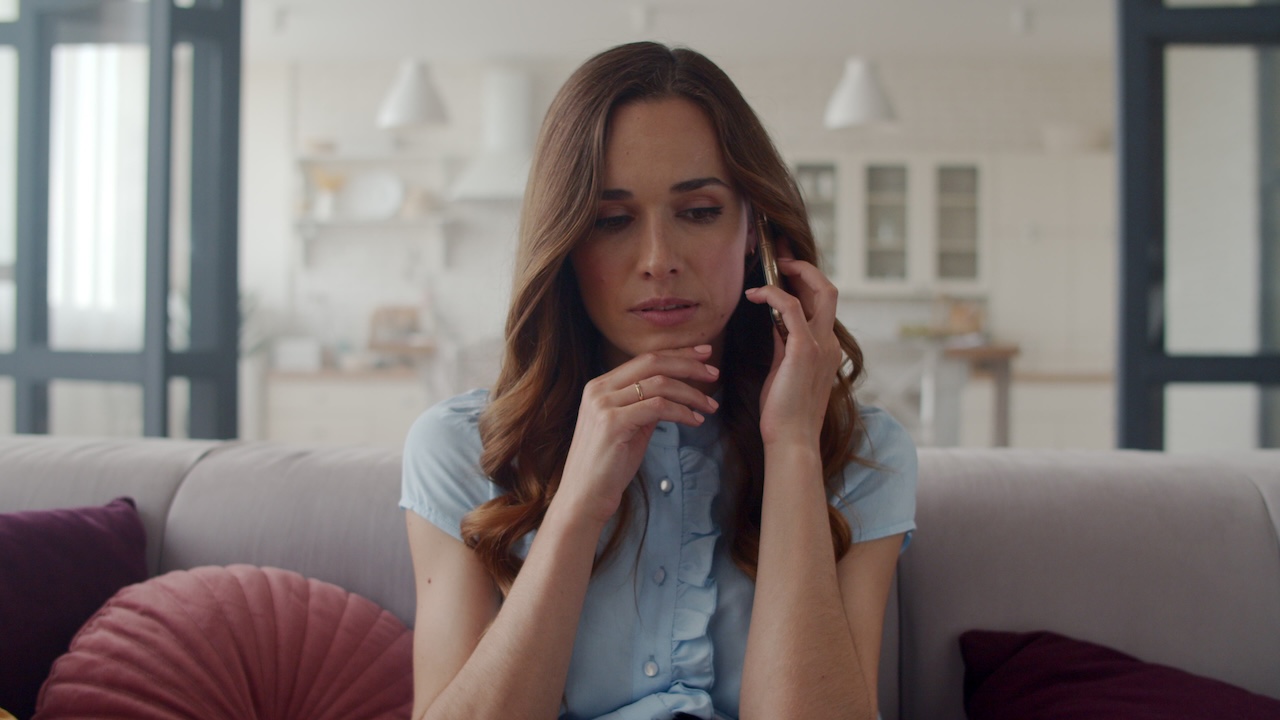Have you ever had a client come to you with the idea of secretly recording a conversation? Or worse yet, a client brings you a tape they surreptitiously made? This issue is especially relevant because the new smart phones, specifically iPhones, have a new feature that enables a user to record a telephone conversation. Generally, it is illegal in Florida for one party to records a conversation with another party if the other party did not consent to it and the recording is made where there is an expectation of privacy. Fl.St. § 934.01(4). The purpose of this article is to familiarize practitioners with a basic overview of this statute, its exceptions, and criminal penalties associated with its violation.
Communication to be protected under this statute the person making the statement must have a subjective expectation of privacy that society recognizes as reasonable, e.g. in a home. Jackson v. State, 18 So. 3d 1016, 1029-1030 (Fla. 2009). Key factors in making this determination are the location of the conversation, the manner in which it is made, and the type of the communication. Stevenson v. State, 667 So. 2d 410, 412 (Fla. 1st DCA 1996). Interception is defined as the aural or other acquisition of any contents of the oral, electronic, or wire communications with electronic, mechanical, or other device. Fl.St. § 934.02(3).
Any person who intentionally intercepts, attempts to intercept, or hires another person to intercept an oral, wire, or electronic communication can be charged with a third-degree felony, punishable by up to five years in prison and a $5,000.00 fine. Florida Statutes § 934.03(4)(a). Not only is the unauthorized interception of communications illegal, but Florida law prohibits the contents of the communications and any evidence derived there from being used in any court proceeding, including a trial, a hearing, or a grand jury. Fl.St. § 934.06. Additionally, Florida Statutes § 934.10 creates a civil cause of action allowing an individual to sue any person or entity who intercepts, discloses, or uses intercepted communications. Civil damages can include, actual damages, punitive damages, attorney’s fees and costs, and equitable or declaratory relief. Fl.St. § 934.10(1)(a)-(d).
A family law practitioner should be well aware of this privilege. For example, a spouse could not record his wife’s telephone communications made from the marital home absent consent or court authorization, and such recordings were inadmissible in a dissolution of marriage proceeding. Markham v. Markham, 272 So. 2d 813, 814 (Fla. 1973). However, accidental taping on a neighbor’s answering machine of a conversation between a mother and her child did not violate the statute or preclude the father from using it in a custody modification proceeding because there was no intentional recording. Otero v. Otero, 736 So. 2d 771, 772 (Fla. 3d DCA 1999).
There are two newer exceptions to this general rule against recording conversations that have enormous impacts for both criminal and family law attorneys. Fl. St 934.03(2)(k)-(l). First, it is lawful under this section for a child under 18 years of age to intercept and record an oral communication if: (a) the child is a party to the communication and (b) the child has reasonable grounds to believe that recording the communication will capture a statement by another party to the communication that the other party (c) intends to commit, is committing, or has committed an unlawful sexual act or an unlawful act of physical force or violence against the child. Second, it is lawful under this section for (a) a person who is protected under an active temporary or final injunction for repeat violence, sexual violence, or dating violence; stalking under; domestic violence under; or any other court-imposed prohibition of conduct toward the person (b) to intercept and record a wire, oral, or electronic communication received in violation of such injunction or court order. A recording authorized under this paragraph may be provided to a law enforcement agency, an attorney, or a court for the purpose of evidencing a violation of an injunction or court order if the subject of the injunction or court order prohibiting contact has been served the injunction or is on notice that the conduct is prohibited. A recording authorized under this paragraph may not be otherwise disseminated or shared. What this means is that a child can record an alleged perpetrator if he or she is going, is committing, or has committed an illegal sexual act or act of physical force against that minor. State v. Trinidad, 359 So. 3d 109 (Fla. 5th DCA 2022). Also, if a petitioner has either a temporary or final injunction for protection and records a conversation with the respondent confirming a violation of injunction.
During the representation of clients through civil, criminal, or family law cases, a Florida attorney should be familiar with Chapter 934 of the Florida Statutes, its exceptions, and the criminal and civil ramifications from illegal interception of oral, wire, or electronic communications. Illegal recordings or interceptions could result in criminal penalties, a civil lawsuit, and exclusion from evidence.
This article is informational only and not intended as any legal advice. A person should not rely upon this article and must be especially very careful about recording conversations. J. Andrew Crawford, Esquire is an AV-rated criminal defense attorney and appellate specialist who practices in Pinellas, Hillsborough, Manatee, and Sarasota Counties. Mr. Crawford’s practice focuses on criminal defense, criminal appeals, and civil appeals. Mr. Crawford also handles Domestic Violence, Repeat Violence, Sexual Violence, and Dating Violence Injunction hearings and appeals. He can be reached via email at andrew@crawforddefense.com.

